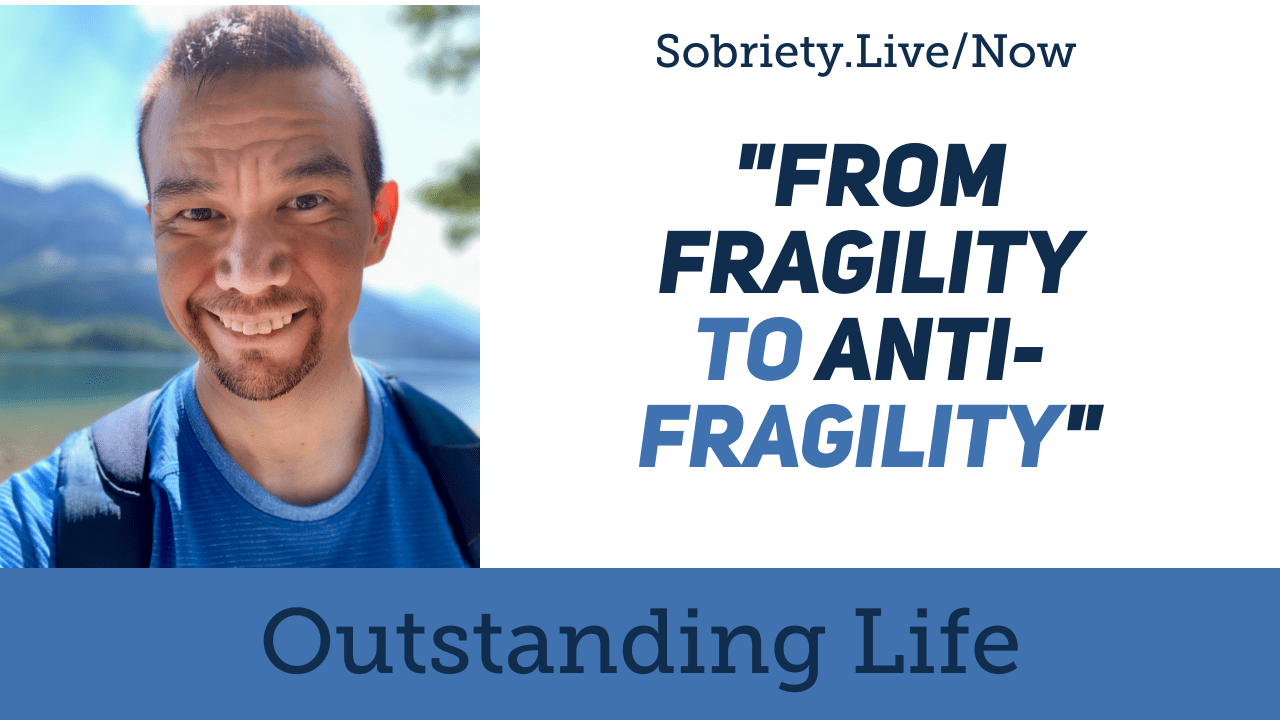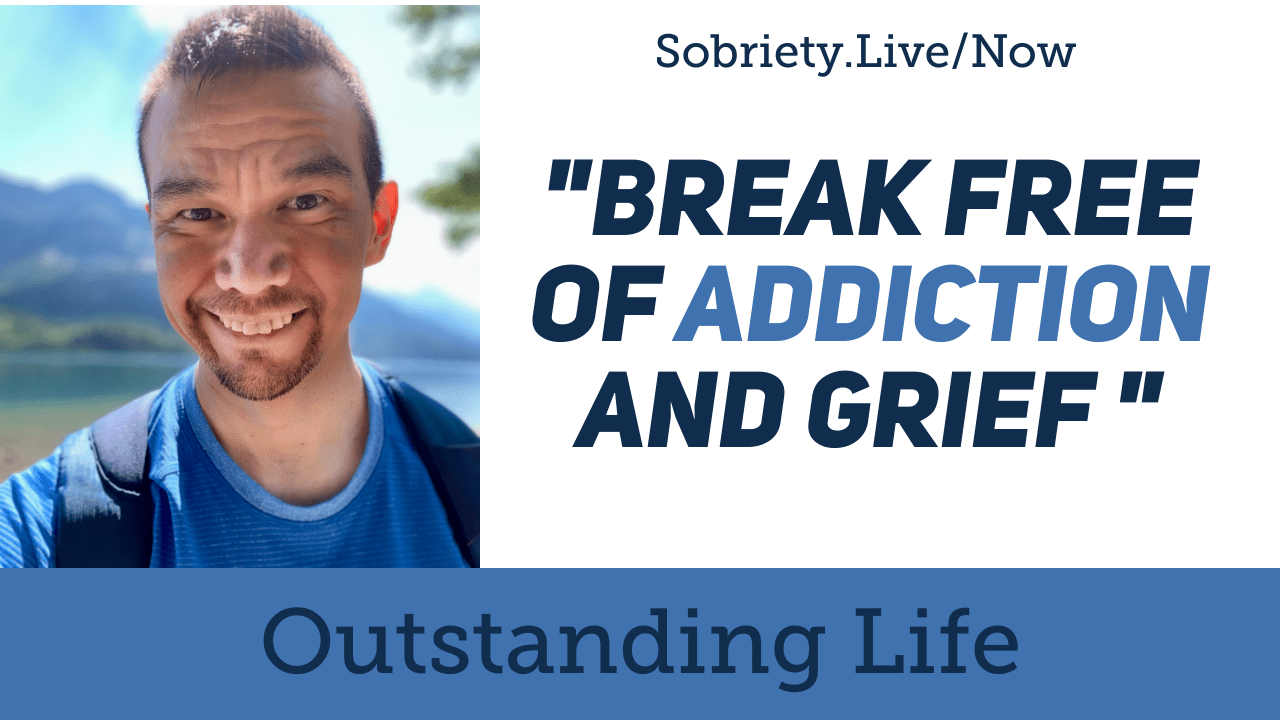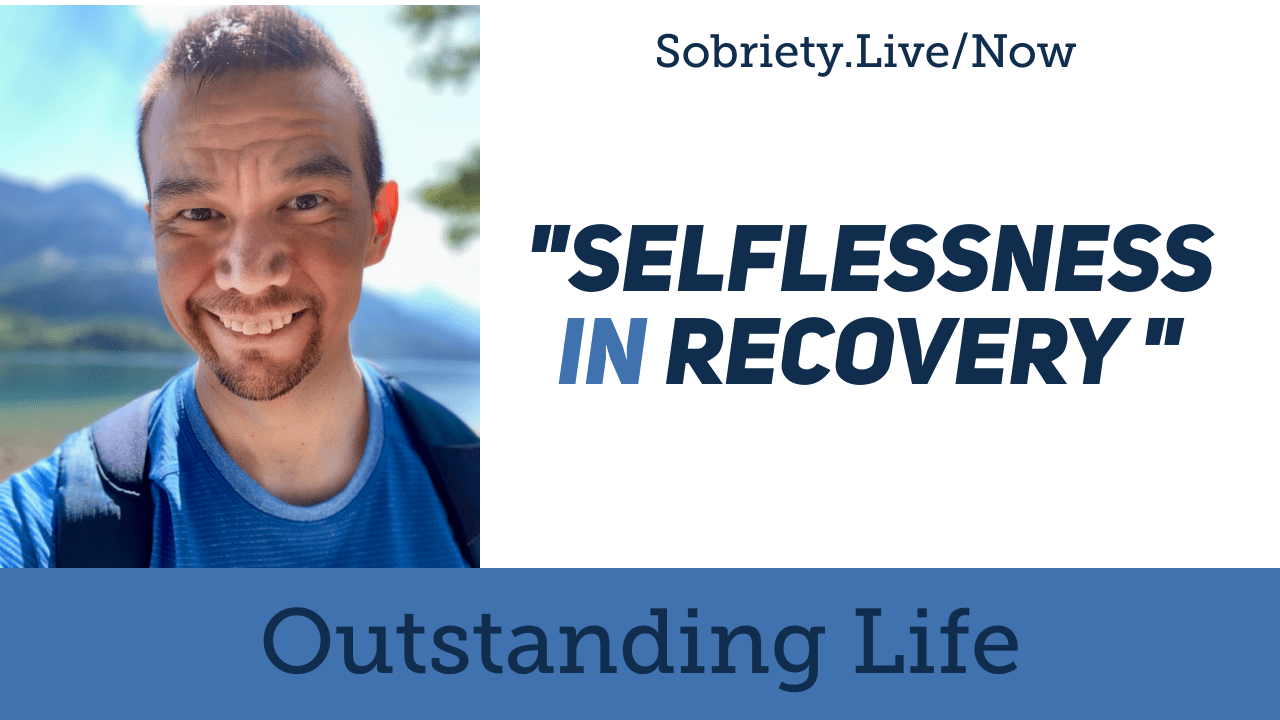Fragility, Anti Fragility, and Growth in Recovery
Addiction and recovery can be complex and challenging to navigate. As a recovering alcoholic and addict myself, I know firsthand the shame and fragility that can come with admitting you have a problem with addiction. However, I also know that there is always room for growth, even in the midst of what may feel like insurmountable obstacles.
Understanding Fragility and Anti-Fragility in Addiction and Recovery
One powerful way to approach addiction and recovery is through the lens of fragility and anti-fragility. Fragility refers to the vulnerability to external pressures, while anti-fragility is the ability to not only withstand external pressures but also to grow and thrive in the face of adversity. By understanding and acknowledging both concepts, individuals can repurpose their unique struggles and use them as a tool to create something positive.
As I began my own journey of recovery, I felt a great deal of shame and fragility. I knew that I needed to make changes in my life, but I was also aware of the stigma surrounding addiction and the potential for judgment from others. However, the decision to confront my addiction ultimately changed my life for the better.
I began to understand the concept of anti-fragility and how it could apply to my own recovery process. Instead of simply surviving, I could use my struggles as a tool for growth and transformation. I began to see the potential for positive change in my life, and I worked to develop the resilience and skills needed to navigate the challenges of daily life without turning to substances.
The analogy of the phoenix rising from the ashes is often used to describe the process of recovery from addiction. Like the mythical bird, individuals in recovery can use their struggles as a tool for growth and transformation. However, it is important to note that the process of recovery is highly individualized, and what works for one person may not work for another.
It is essential to acknowledge the complexity of addiction and recovery and not oversimplify these issues. Addiction is a multifaceted disease that can be influenced by a range of factors, including genetics, environment, and mental health. Recovery, too, is a highly individualized process that can be influenced by a range of factors, including social support networks, access to healthcare, and socioeconomic status.
Moreover, addiction and recovery are not just individual struggles but are influenced by broader social and systemic factors. Access to quality healthcare, housing, and education can play a significant role in an individual’s recovery journey. The criminalization of drug use can also create barriers to treatment and hinder an individual’s ability to recover.
Addressing Systemic Factors in Addiction and Recovery
To truly support individuals in their recovery journey, we must address the systemic factors that contribute to addiction and hinder recovery. This includes advocating for policies that prioritize harm reduction, decriminalization, and access to quality healthcare and social services.
At the same time, it is important to provide individuals in recovery with practical strategies and support. Evidence-based therapies, such as cognitive-behavioral therapy (CBT) and motivational interviewing, have been shown to be effective in treating addiction. Support groups, such as Alcoholics Anonymous (AA) and Narcotics Anonymous (NA), can also be a valuable source of social support and accountability.
Practical Strategies for Achieving Long-Term Sobriety
In addition, lifestyle changes such as exercise, healthy eating, and stress management techniques like mindfulness and meditation can also play a role in supporting recovery. These strategies can help individuals build resilience and develop the skills needed to navigate the challenges of daily life without turning to substances.
For individuals who have experienced trauma or co-occurring mental health issues, addressing these underlying issues is critical to long-term recovery. Trauma-informed care and integrated treatment that addresses both substance use and mental health issues can be effective in helping individuals achieve lasting sobriety.
The Power of Social Support in Addiction and Recovery
Moreover, social support networks can play a critical role in addiction and recovery. Many individuals with addiction struggle with feelings of isolation, and social support can be an essential factor in achieving and maintaining sobriety. Support from friends, family, and recovery peers can help individuals stay accountable, motivated, and connected. For individuals who may not have access to a strong support network, recovery communities like online forums, virtual support groups, and recovery coaching can be a valuable source of social support and guidance.
It is important to remember that recovery is a journey, and it is not always a linear process. There may be setbacks and challenges along the way, but the important thing is to continue to move forward and focus on the positive changes that can be made. By embracing the concept of anti-fragility and using struggles as a tool for growth and transformation, individuals in recovery can reclaim a sense of control, purpose, and overall well-being in their lives.
In my own experience, I have found that embracing the idea of anti-fragility has been critical to my success in recovery. As a sober content creator, I have been able to use my struggles as a tool for growth and transformation in my career. I have been able to connect with others who are on a similar journey, and I have been able to share my story in a way that helps others to see the potential for positive change in their own lives.
In conclusion, the concepts of fragility and anti-fragility can be a powerful tool in addiction and recovery. By acknowledging the complexity and individualized nature of these issues, we can provide individuals in recovery with practical strategies and support to help them achieve lasting sobriety. At the same time, we must work to address the systemic factors that contribute to addiction and hinder recovery, and advocate for policies that prioritize harm reduction, decriminalization, and access to quality healthcare and social services. Recovery is possible, and by working together to support and empower individuals in recovery, we can help them achieve lasting sobriety and live their best lives.
















You must be logged in to post a comment.